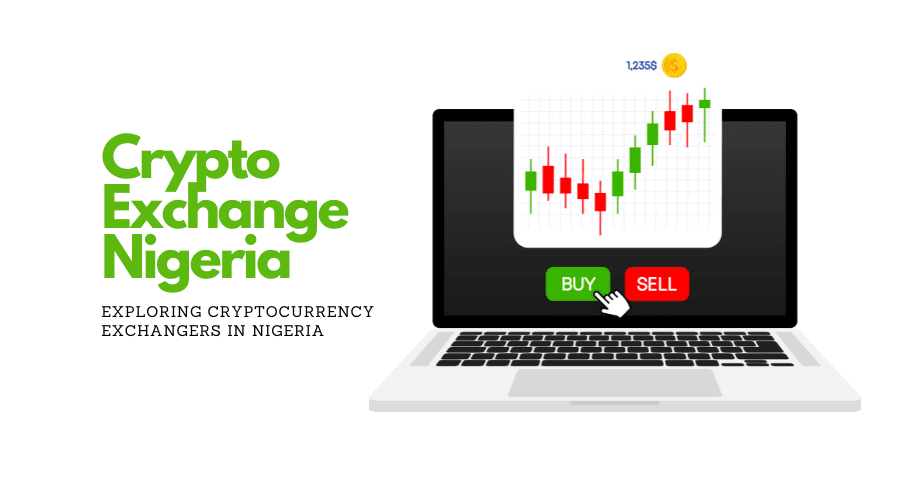Unlocking the World of Digital Assets
Cryptocurrency exchangers in Nigeria have witnessed remarkable growth in recent years, serving as essential gateways to the world of digital assets. This article delves into the landscape of cryptocurrency exchangers in Nigeria, highlighting their significance, types, and key considerations.
Understanding Cryptocurrency Exchangers
The Role of Cryptocurrency Exchangers
Cryptocurrency exchangers, also known as exchanges, are online platforms that facilitate the trading of cryptocurrencies. They serve as intermediaries, enabling users to buy, sell, or trade digital assets like Bitcoin, Ethereum, and many others. In Nigeria, these platforms have become pivotal in the adoption and use of cryptocurrencies buy crypto in nigeria.
Types of Cryptocurrency Exchangers
Centralized Exchanges: The Pioneers
Centralized exchanges (CEXs) are the most common type of cryptocurrency exchangers. These platforms operate with a centralized authority and act as intermediaries between buyers and sellers. Popular centralized exchanges in Nigeria include Binance, Luno, and Quidax. They offer ease of use, high liquidity, and a wide range of supported cryptocurrencies buy bitcoin with credit card no verification.
Peer-to-Peer (P2P) Exchanges: A Decentralized Approach
P2P exchanges, like LocalBitcoins and Paxful, provide a decentralized alternative to centralized platforms. Here, users can interact directly with one another to buy and sell cryptocurrencies. P2P exchanges offer flexibility in terms of payment methods and often cater to individuals seeking a more personalized trading experience.
Key Considerations when Using Cryptocurrency Exchangers
Security First
Security is paramount when dealing with cryptocurrency exchangers. Regardless of the type of exchange, prioritize platforms with robust security measures in place. Look for features such as two-factor authentication (2FA), cold storage of funds, and a track record of security practices.
Regulatory Compliance
Stay informed about cryptocurrency regulations in Nigeria. The regulatory landscape can influence the operations of cryptocurrency exchangers, so understanding the legal environment is crucial. Complying with Know Your Customer (KYC) and Anti-Money Laundering (AML) requirements is common practice on most exchanges.
Liquidity and Trading Pairs
Consider the liquidity of the exchange and the availability of trading pairs. Higher liquidity often means easier and faster transactions. Additionally, if you have specific cryptocurrencies in mind, ensure that the exchange supports the trading pairs you desire.
User Experience and Support
Evaluate the user experience and customer support offered by the exchange. User-friendly interfaces, responsive customer service, and educational resources can significantly enhance your overall experience.
Choosing the Right Cryptocurrency Exchanger in Nigeria
- Research: Begin by researching and comparing different cryptocurrency exchangers in Nigeria. Look for reviews and recommendations from trusted sources.
- Security: Prioritize platforms with strong security features to protect your digital assets.
- Liquidity: Assess the liquidity and trading pairs available on the exchange, ensuring it aligns with your trading goals.
- Regulatory Compliance: Ensure that the exchange complies with Nigerian cryptocurrency regulations and has robust KYC and AML procedures in place.
- User Experience: Consider the user interface and customer support to ensure a smooth trading experience.
Conclusion
Cryptocurrency exchangers in Nigeria have emerged as crucial hubs for individuals and businesses looking to enter the world of digital assets. Understanding the types of exchanges, key considerations, and how to choose the right one is essential for a safe and successful cryptocurrency trading experience. As the cryptocurrency landscape continues to evolve, these exchangers are likely to play an increasingly significant role in Nigeria’s financial ecosystem.



































